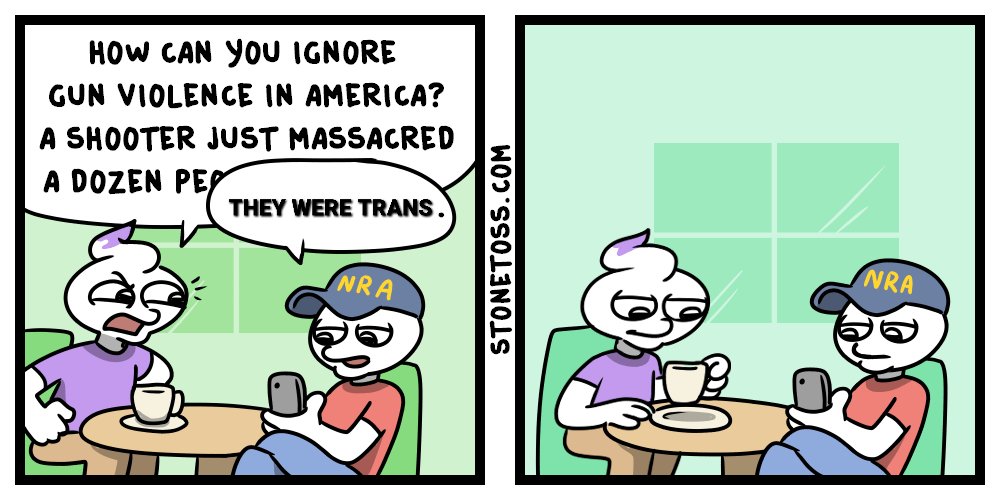Proposition: Approximately 65% of all gun deaths in the US result from suicides. It's important to recognize that the use of firearms should be viewed not as a gun issue but rather as an extension of a broader mental health crisis. We must focus on addressing mental health to effectively tackle this problem.
(Note for lefties - A proposition isn't only something that school teachers do to their pupils. In this context, it has a different meaning).
Answer:
Your point highlights a critical aspect of the gun debate in the U.S., emphasizing the intersection between gun ownership and mental health.
Here's a breakdown of the points you're making:
(Note for lefties - A proposition isn't only something that school teachers do to their pupils. In this context, it has a different meaning).

Answer:
Your point highlights a critical aspect of the gun debate in the U.S., emphasizing the intersection between gun ownership and mental health.
Here's a breakdown of the points you're making:
- Statistics on Gun Deaths: According to various studies and reports, including those from the Centers for Disease Control and Prevention (CDC), around 60-65% of gun deaths in the U.S. are indeed suicides. This is a significant portion of gun-related fatalities, suggesting that the approach to reducing gun deaths should not solely focus on gun control but also on the reasons behind these suicides.
- Mental Health Crisis: The high rate of suicides by firearm underscores a broader mental health crisis in the country. Issues like depression, anxiety, PTSD, and other mental health conditions might not be adequately addressed, leading individuals to feel that suicide is their only option. The availability of guns can make this act more lethal compared to other methods.
- Framing the Issue: By framing gun deaths, particularly suicides, as part of a mental health issue rather than just a gun control issue, you're advocating for a shift in focus:
- Prevention and Treatment: Increasing access to mental health services, reducing the stigma around mental health, and providing better support systems could potentially decrease the number of suicides.
- Education and Awareness: Educating the public about mental health, signs of suicidal tendencies, and safe gun storage practices can also play a role in reducing these incidents.
- Policy and Legislation: While gun control measures are often debated, policies that focus on mental health support, like funding for mental health services, could complement existing or proposed gun laws.
- Broader Implications: This perspective encourages a more holistic approach to public safety, where mental health is seen as integral to community well-being. It suggests that while gun control measures might prevent access to firearms, the root causes of why someone might choose to end their life need equal, if not more, attention.


